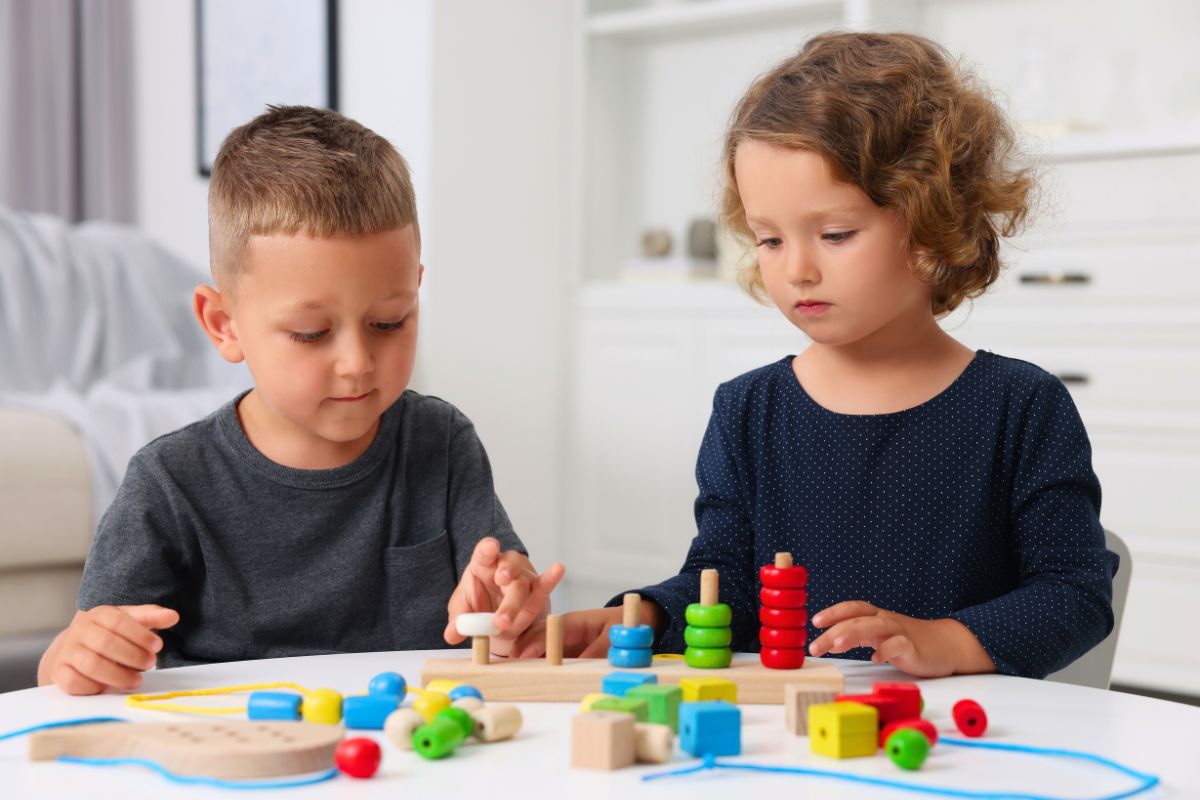

Jean Piaget’s contributions to our understanding of cognitive development are monumental, yet his theories are not without criticism. Critics of Piaget argue that his framework often overlooked the active role of children in constructing their knowledge. While Piaget emphasized the stages of development and how children’s thinking develops, he did not fully account for the dynamic, interactive process through which children engage with their environment and shape their own learning experiences. This article examines why Piaget’s theory may have underestimated this crucial aspect and how current research addresses these gaps.
Table of Contents
Piaget’s theory posits that children go through four distinct stages of cognitive development: sensorimotor, preoperational, concrete operational, and formally operational. Each stage represents a new level of thinking and understanding:
While Piaget’s stages describe the cognitive abilities that children acquire as they grow, they do not fully explain how children actively participate in their learning.
One of the major criticisms of Piaget’s theory is that it does not sufficiently take into account the child’s interaction with his environment. Children are not passive recipients of knowledge; they actively explore, experiment and manipulate their surroundings to make sense of the world. This active engagement is essential for building knowledge and understanding.
Lev Vygotsky, Piaget’s contemporary, emphasized the importance of social interactions in cognitive development. Vygotsky argued that learning is a social process and that children acquire knowledge through interactions with more knowledgeable others such as parents, teachers, and peers. This perspective emphasizes the collaborative nature of learning, which Piaget’s theory somewhat overlooks.
Modern educational practices recognize the importance of scaffolding—providing support to children as they learn new concepts. This approach recognizes that children benefit from guided learning experiences where adults or more skilled peers help bridge the gap between what a child can do independently and what they can achieve with help. Piaget’s theory, focused on individual discovery, does not fully encompass this interactive learning process.
Constructivist theories, which draw on Piaget’s work, emphasize that children construct their understanding through active engagement with their environment. This approach integrates the child’s role in learning and recognizes that knowledge is created through experiences and interactions.
Vygotsky’s sociocultural theory complements Piaget’s ideas by emphasizing the importance of cultural and social contexts in cognitive development. Children learn through social interactions and cultural tools that shape their cognitive processes. This theory provides a more comprehensive view of how children construct knowledge.
Dynamic systems theory suggests that cognitive development is a complex, adaptive process influenced by many factors, including the child’s actions, environment, and social interactions. This perspective is consistent with the idea that children are active participants in their own development, constantly adapting and reorganizing their understanding based on new experiences.
Educators today emphasize creating an active learning environment where children are encouraged to explore, ask questions, and engage in hands-on activities. This approach encourages curiosity and critical thinking and recognizes the child’s active role in learning.
Incorporating collaborative learning strategies such as group work and peer tutoring is consistent with the understanding that social interactions play a key role in cognitive development. These strategies help children learn from each other and develop social skills.
Personalized learning approaches that tailor learning experiences to individual needs and interests recognize that children create knowledge in unique ways. This method supports the idea that learning is an active, personalized process.
Piaget’s theory supports the concept of developmentally appropriate practice (DAP) in early childhood. Educators design curricula that align with children’s cognitive abilities and ensure that learning activities are appropriate for their developmental stage.
Piaget’s idea that children construct knowledge through active engagement informs constructivist learning approaches. Teachers create learning environments where students explore, experiment, and discover, and encourage critical thinking and problem-solving skills.
Modern education is aware of the variability of cognitive development and emphasizes differentiated teaching. Teachers adapt their methods to meet the diverse needs of students and accommodate different learning styles and paces.
Although Piaget’s theory of cognitive development has provided a basic understanding of how children think and learn, it has limitations. Piaget’s critics rightly point out that his theory does not fully explain the active role of children in creating their knowledge. Modern perspectives and educational practices build on Piaget’s work by emphasizing the dynamic, interactive nature of learning. By recognizing the importance of environmental interactions, social contexts, and personalized learning experiences, current theories offer a more comprehensive view of child development. By embracing these insights, we ensure that we support children as active participants in their learning journeys.
Sign up to receive our email, delivering the latest stories straight to your inbox.
